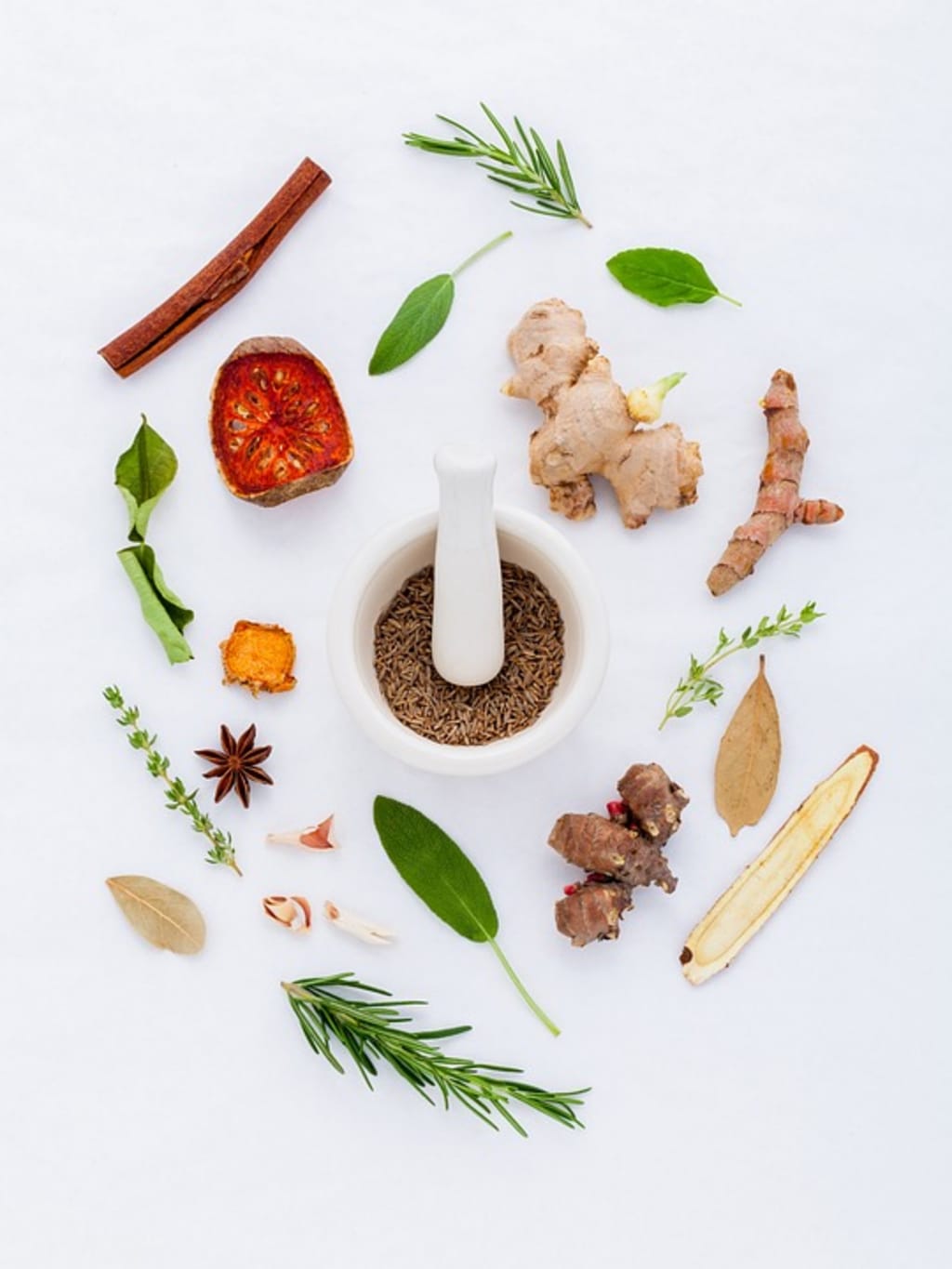Top 10 Zero Calorie Foods For Fast Weight Loss | Low Calorie Foods | How To Lose Weight Fast
Eat more Lose more

Hello! It seems like you're sharing a script for a article or blog post about almost zero-calorie foods for weight loss. While it's true that certain foods have very low calorie content, it's important to note that no food is truly zero calories. Even foods like watermelon and cucumber, which are high in water content, contain some calories. However, they are still considered low-calorie options and can be beneficial for weight loss due to their high water and fiber content, which can help you feel full with fewer calories.
It's always a good idea to incorporate nutritious foods into your diet, but it's important to maintain a balanced approach and include a variety of food groups to ensure you're getting all the essential nutrients your body needs. Consulting a registered dietitian or nutritionist can provide personalized guidance tailored to your specific needs and goals.
Certainly! Here are the remaining points from your script:
Another almost zero-calorie food you mentioned is sugar-free chewing gum. While chewing gum itself may have minimal calories, it's important to choose options that are low in sugar or sugar-free to avoid excess calorie intake. Chewing gum can help curb cravings and reduce appetite, making it a helpful tool for weight management.
Apples are also included in your list of almost zero-calorie foods. While they do contain some calories, they are still a good choice for weight loss due to their high fiber content, which promotes satiety and can help control hunger. Apples are also packed with antioxidants and other beneficial nutrients.
Moving on to vegetables, cauliflower is highlighted as a superfood due to its low calorie content. It can be used as a substitute for rice in ketogenic diet plans, offering a low-carb and low-calorie option. Grating cauliflower can create a rice-like texture, allowing you to enjoy a virtually zero-carb and zero-calorie alternative.
Mushrooms are mentioned as well, with their low calorie content and versatility in stir-fries or as a standalone snack. They are not only low in calories but also rich in antioxidants and can contribute to weight loss when incorporated into a balanced diet.
Bottle gourd or lauki is highlighted as a fiber-rich vegetable that is low in calories. It's recommended for those with diabetes and aids in digestion. You can enjoy it in various preparations, such as sabzi (curry) or as a stir-fry.
Lettuce is suggested as a replacement for roti (Indian bread) and can be used as a wrap for vegetables or curries. With just 17 calories per 100 grams, lettuce is a great option for those looking to reduce calorie intake and increase their vegetable consumption.
Lastly, beetroot is mentioned for its benefits to skin health and its relatively low calorie content. With 43 calories per 100 grams, beetroot can be a satisfying and nutritious snack option.
Remember, while these foods may have low calorie content, it's still important to consider overall nutritional balance and variety in your diet. Consulting a healthcare professional or registered dietitian can provide personalized advice and guidance for your weight loss journey.
Certainly! Here are a few more points to continue with your script:
Along with incorporating almost zero-calorie foods, it's crucial to maintain a calorie deficit for effective weight loss. This means consuming fewer calories than your body needs to maintain its current weight. While these foods can be helpful in reducing overall calorie intake, it's essential to combine them with a well-rounded diet and regular physical activity.
In addition to the foods you mentioned, there are other options that are low in calories and can aid in weight loss. Examples include leafy greens like spinach and kale, celery, bell peppers, and zucchini. These vegetables are nutrient-dense, high in fiber, and provide essential vitamins and minerals.
Remember to focus on portion control even with low-calorie foods. While they may be lower in calories, excessive consumption can still contribute to weight gain. Be mindful of your overall calorie intake and listen to your body's hunger and fullness cues.
It's also important to note that while these almost zero-calorie foods can support weight loss, they should be part of a balanced diet that includes protein, healthy fats, and carbohydrates. These macronutrients play essential roles in energy production, muscle maintenance, and overall well-being.
Lastly, while incorporating these foods into your diet, it's important to engage in regular physical activity. Exercise helps burn calories, builds muscle, and boosts metabolism, contributing to weight loss and overall health.
Remember, everyone's nutritional needs and weight loss journey are unique. It's always beneficial to consult a registered dietitian or nutritionist who can provide personalized advice based on your specific goals, dietary preferences, and any underlying health conditions.
While incorporating almost zero-calorie foods into your diet can be helpful for weight loss, it's important to focus on the overall quality of your diet as well. Nutrient-dense foods like lean proteins, whole grains, fruits, and vegetables should form the foundation of your meals.
Hydration is also key for weight loss and overall health. While coconut water was mentioned as a low-calorie option for hydration, it's important to note that water itself is a calorie-free and essential beverage for maintaining proper bodily functions. Aim to drink an adequate amount of water throughout the day to stay hydrated and support your weight loss efforts.
In addition to the foods mentioned, herbal teas can be a great addition to your weight loss journey. Options like green tea, peppermint tea, and ginger tea are known to boost metabolism, aid digestion, and provide a sense of satiety.
It's important to approach weight loss in a sustainable and balanced manner. Crash diets or extreme calorie restrictions are not recommended, as they can be detrimental to your health and lead to nutrient deficiencies. Instead, focus on long-term lifestyle changes that include a balanced diet, regular physical activity, and healthy habits.
Lastly, remember that weight loss is a journey that requires patience and consistency. It's normal to have ups and downs along the way, and everyone's progress will be different. Celebrate small victories, focus on overall well-being, and seek support from professionals or a community of like-minded individuals to stay motivated
If you have any further questions or need more information, feel free to ask!
About the Creator
Enjoyed the story? Support the Creator.
Subscribe for free to receive all their stories in your feed. You could also pledge your support or give them a one-off tip, letting them know you appreciate their work.





Comments
There are no comments for this story
Be the first to respond and start the conversation.